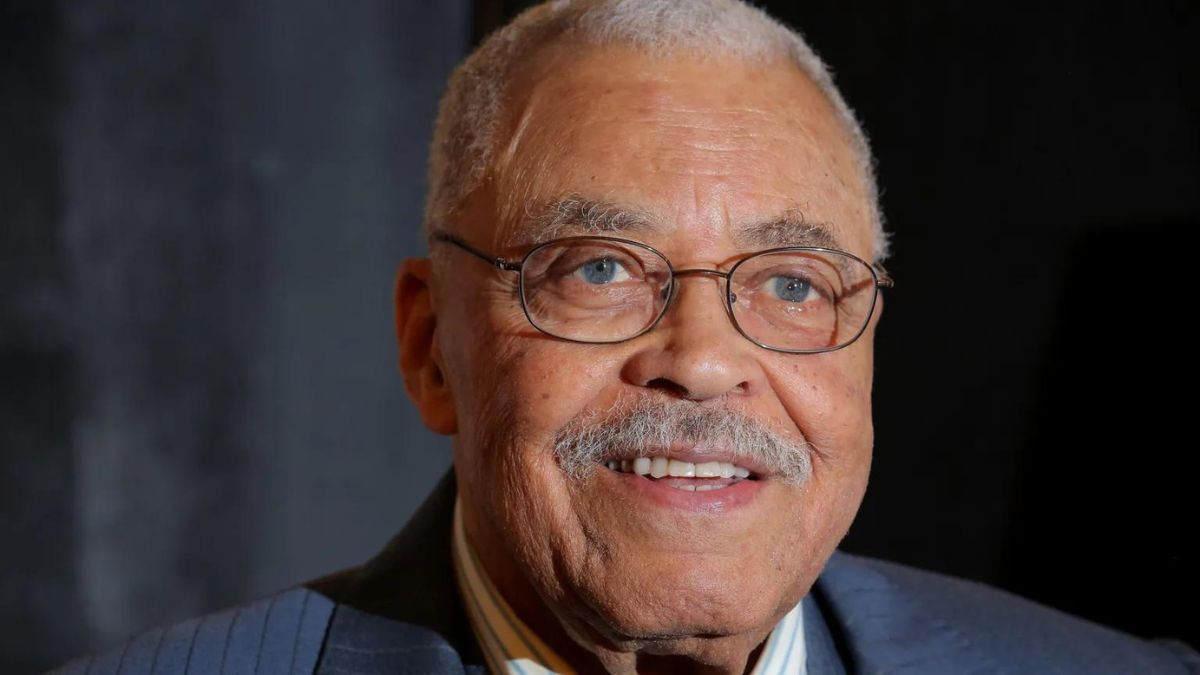American actor James Earl Jones, best known for being the voice of the Star Wars villain Darth Vader, has died aged 93.
He died early on Monday morning surrounded by his family, agent Barry McPherson said.
Jones starred in dozens of films including Field of Dreams, Coming To America, Conan the Barbarian and The Lion King. He was best known for giving the Star Wars supervillain Darth Vader his distinctive, gravelly voice.
Mark Hamill, who played Vader’s son Luke Skywalker in Star Wars, posted “RIP Dad” with a broken heart emoji as he shared a news report of the death.
During his career, Jones won three Tony awards including two Emmys and a Grammy, as well as an honorary Oscar in 2011 for lifetime achievement.
In 1971, he became only the second Black man nominated for an Academy Award for best actor, after Sidney Poitier.
Star Trek actor LeVar Burton was among the first to pay tribute to Jones, saying “there will never be another of his particular combinations of graces”.
Also paying tribute, US actor Colman Domingo wrote: “Thank you dear James Earl Jones for everything. A master of our craft. We stand on your shoulders. Rest now. You gave us your best.”
Kevin Costner, who co-starred with Jones in Field of Dreams, said: “That booming voice. That quiet strength. The kindness that he radiated. So much can be said about his legacy, so I’ll just say how thankful I am that part of it includes Field of Dreams.”
Oscar-winning actress Octavia Spencer wrote Jones’ “voice and talent will be remembered always” and that “legendary doesn’t even begin to describe his iconic roles and impact on cinema forever.”
Crystal Minkoff, wife of The Lion King co-director Rob Minkoff, posted a photo of Jones holding a statue of Mufasa alongside the words: “Rest in Power, Mr Jones. You made a young animator’s dream come true when you accepted the role of Mufasa.
“Thank you for all you have done for Rob. Your memory will live on.”
Jones was also the voice of US broadcaster CNN’s “This is CNN” tagline.
“He was the voice of CNN and our brand for many decades, uniquely conveying through speech instant authority, grace, and decorum,” the broadcaster told the Hollywood Reporter.
“That remarkable voice is just one of many things the world will miss about James.”
Born in Mississippi in January 1931, Jones said he was unable to speak for most of his childhood because of a stammer.
He explained he had developed his famous voice while working on how to deal with the stammer.
Jones was best known for voicing Darth Vader in the original Star Wars film, which came out in 1977, and sequels The Empire Strikes Back and Return of the Jedi.
He reprised the role in later film releases such as the first instalment of the Star Wars anthology series, Rogue One, and the third instalment of the sequel trilogy, Star Wars: The Rise of Skywalker – both released in the later 2010s.
A different actor always donned the Darth Vader costume and provided the movement for the famous villain, including the late David Prowse, with Jones lending his deep and instantly recognisable voice.
“I love being part of that whole myth, of that whole cult,” Jones said in an interview with BBC HardTalk in 2012, adding he was glad to oblige fans who asked for a command recital of his “I am your father” line.
Jones said he never made much money off the Darth Vader part – only $9,000 (£6,884) for the first film – and he considered it merely a special effects job.
At his own insistence, he was not given a credit for his performance. He felt it was all merely another “special effect”.
When the films broke all box office records, he was persuaded to rethink.
Jones was also well known as a television performer, playing the older Alex Hailey in Roots: The Next Generation and winning one of his two Emmys for the lead role in the US drama Gabriel’s Fire.
His gravelly tones were used in The Simpsons and he appeared in early episodes of Sesame Street.
Jones also tackled many iconic Shakespeare characters on the stage, including Othello and King Lear.
(BBC News)

